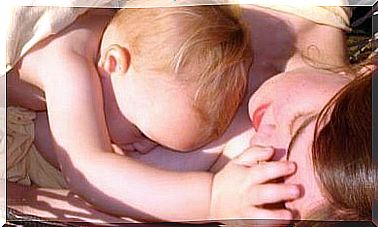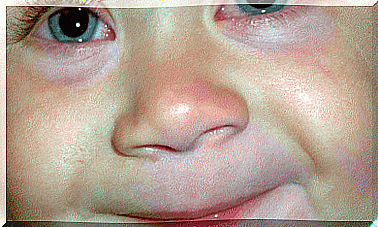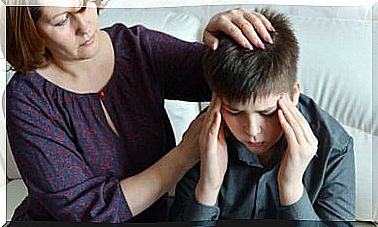How To Make Your Child A Good Competitor
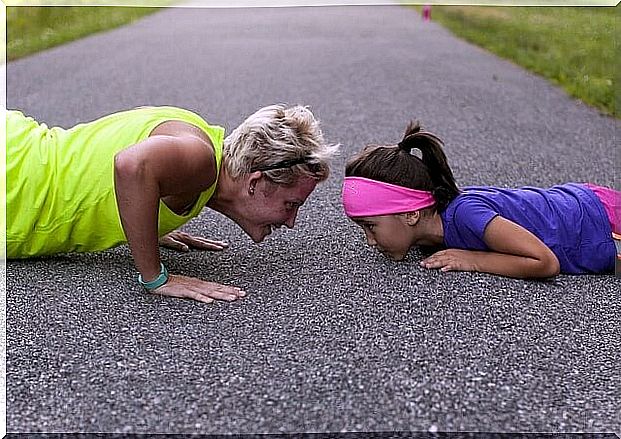
It is normal that competition is encouraged in many families, society seems to demand it every day. But to promote it, we must be aware that it must be healthy competition and that toxic competition has no place in the lives of parents or children.
Sometimes children stop having fun in things that they like and enjoy because they think that they must compete to be the best and thus satisfy the desire of their parents. Big mistake, you must think about the good competitor.
Competition is when people want to achieve something that goes beyond what they thought they were capable of. But in a good competition it is not about winning and being above the rest (something that does happen in toxic competition), it is about improving ourselves. A great competitor wins and loses in the same way. A bad competitor wins and loses little.
Competition can be beneficial
Human beings are social creatures therefore we need other people to create our teams and to inspire us to try harder and improve our performance.
Exposure to others provides a good context to help us better understand ourselves and others as well.
Good competitors understand that good performance and mastering a skill is not about being better than others at all costs, it does not happen in the moment, but it does happen over time.

When the child does not have a healthy relationship with the competition
A child who is a bad competitor will only want to win, he will not mind enjoying what he is doing, he will only want to be above the rest. This shows a narcissism and a lack of respect for other people.
When a child hates another person or other people just because they are the opponents, it is also a clear sign that they do not have a healthy relationship with the competition.
How to help a child be a good competitor
Highlight the effort
When a child loses, they should not be reprimanded or told that they have done it wrong, their effort should be highlighted and that they have done what they could.
But for you to feel hopeful, it will be necessary to ask what you can do to improve and achieve better results next time, so you can think about what exactly you should do to feel better about yourself, regardless of the results but in order to improve your personal brand.
It doesn’t matter winning or losing
It is necessary to convey the message to children that it is not about winning or losing, but that what matters is how the game is played. It is about examining the lessons you learn and what you need to do to improve yourself.
Children need encouragement and motivation, in addition to realizing that they can make mistakes without being judged by anyone, because it is a natural process in any learning. In this way, the child will be able to fully enjoy the activity he is doing because he will not feel pressure if he does it well or if he does it badly.
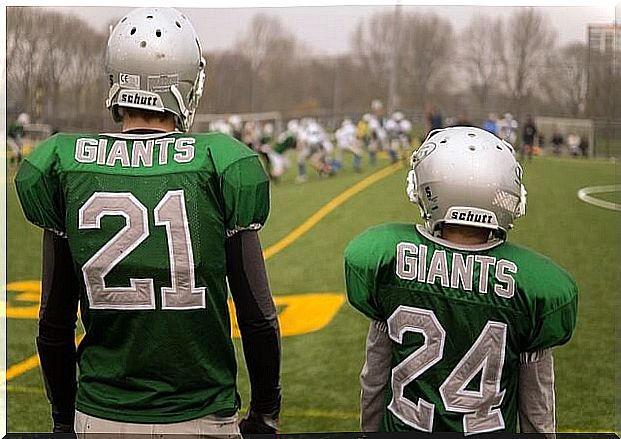
Learning about yourself is the key
A good competitor does not remember that he is in a competition, he just wants to enjoy the moment and improve his personal brand. When the child has achieved a good command, competition can be introduced because when other people are surpassed in something, it is without a doubt a competition.
But the best competition will always be the one you have with yourself.
When children make mistakes, parents need to respond to this in a relaxed and non-judgmental way.
You need to be curious and encourage children to explore the options you can make to face obstacles again , see all the options you have to do and achieve good results. You can speak out loud about things he could have done differently as a suggestion, but never as a bias.
And of course, it will take to be a good example of a healthy competitor so that children can shape the behavior of their parents.



